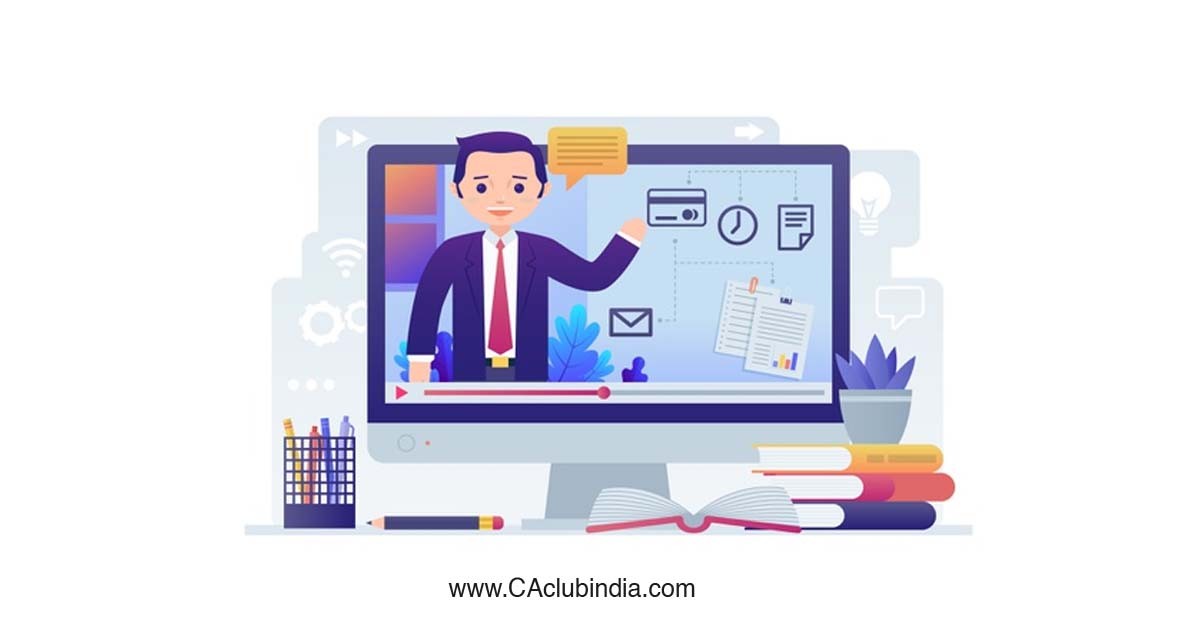The word Education is derived from the Latin word 'educare' which means to bring up.
Another Latin word 'educere', means to bring forth.
Hence To educate means to 'to extract out' the best in man.
'Education is the most powerful weapon which you can use to change the world'.- Nelson Mandela
Formal education occurs in a structured environment whose explicit purpose is teaching students. Usually, formal education takes place in an environment with classrooms of multiple students learning together with a trained, certified teacher of the subject. Most systems are designed around a set of values or ideals that govern all educational choices in that system. Such ideals include curriculum, organizational models, design of the physical learning spaces (e.g. classrooms), student-teacher interactions, methods of assessment, class size, educational activities, and more.

Formal education precisely gives the basic skills and wisdom to do a particular job or assignment. It covers all the requisite subject matter fundamental to give an edge to professional life. The extensive subject matter covered under formal education makes the student skilled to perform the task suitably. Formal education provides degrees and certificates that will help verify your achievements.
It considers all students in a classroom equal.
On the other hand, Self-education is the act of acquiring knowledge or skill without having someone else teach it to you. You are the only one who will help yourself get that knowledge without any formal instruction and you will be educated without any actual formal schooling.
In simple words, you choose what to learn, at what level to learn, how much to learn and what certification to obtain.
A self-educated individual can aim to learn a little bit about everything, or they can work hard toward mastering a single subject. Either way, it is the act of taking your learning into your control. There are no boundaries to self-education.
The very nature of self-education can free you from a job you hate, from a college major you aren’t excited about, and it will be a core skill for the 21st century. All that is needed is a desire to learn and grow. It is this drive to further yourself which ultimately leads to success on a personal and financial level.
Your ability to respond to changes in the landscape of work and technology will be dictated by how good a self-educator you are.
Nowadays, picking up new courses has become as easy as firing up Google, doing some research, practising in the right ways, and pushing yourself through the plateaus. One can find technical courses, soft skills, performing arts and even basic life skills training. But despite this incredible access to information, only a few people take full advantage of the opportunity available for self-directed learning.
So, the question here is, how well you can take full advantage of the information available to you to grow your skillset?
To summarize - Formal education provides us with the fundamentals of entering the professional life however, to sustain our presence and even excel - one must rely on enhancing skills through self-education.
Most international employers pay more attention to the skills gained by a candidate. They appreciate the quality of continuous learning.
A professional irrespective of the qualifications obtained must have a thirst to learn continually and equip with skills needed for self-improvement and development. Education does not end with a formal degree rather it begins there.
We should never forget the words of Albert Einstein who once said, 'Once you stop learning, you start dying.'








 CAclubindia
CAclubindia
